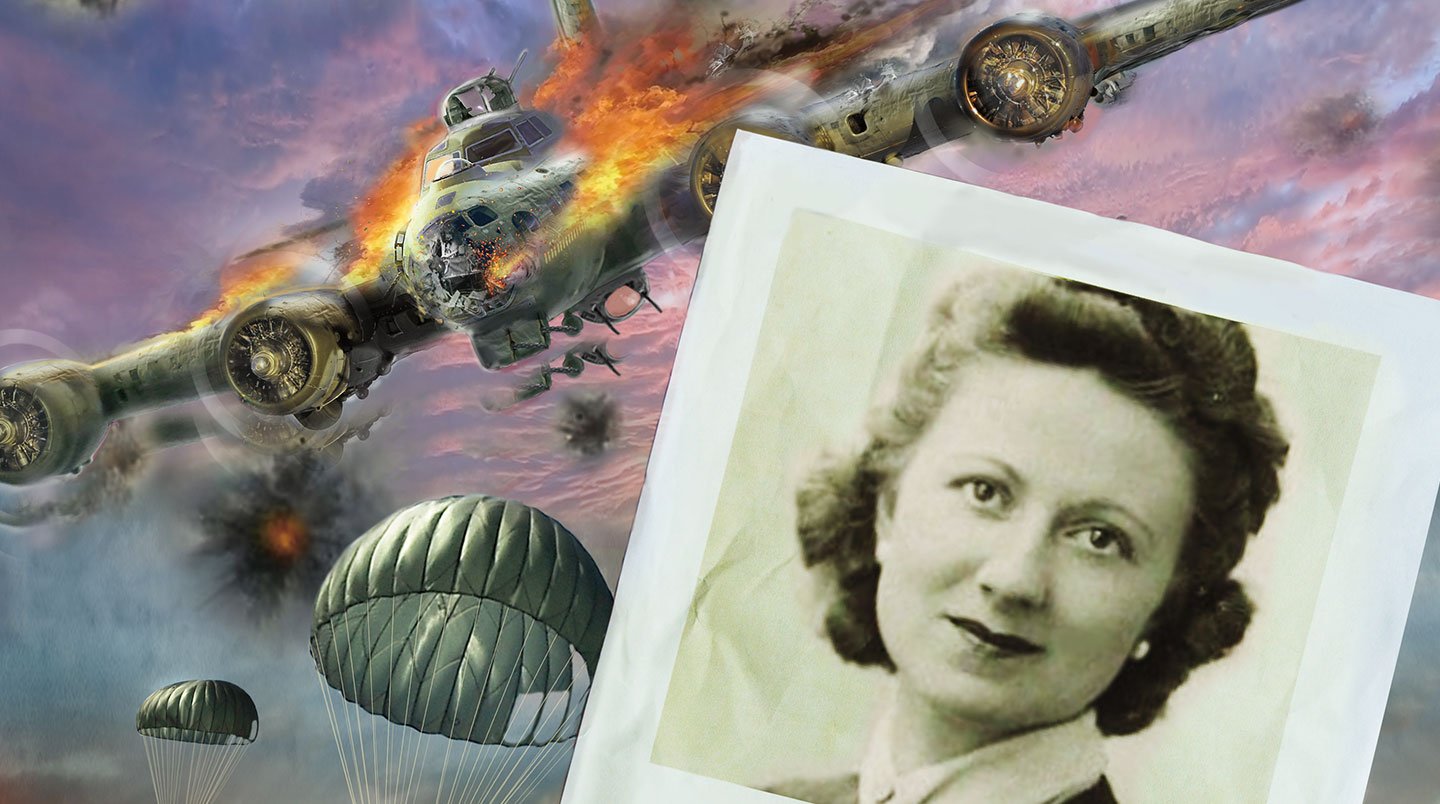Jim McMahon/Mapman®
The fall of 1943 was a dangerous time to be living in France. World War II had been raging for four years. The German army, led by Adolf Hitler, had taken over several nations in Europe, including much of France.
Most Americans in France had fled before the German invasion. But a woman from Florida named Virginia d’Albert-Lake decided to stay. She hoped to keep out of danger, living a peaceful life in Paris with her French husband, Philippe.
Instead, Virginia would face great risks and later become one of the war’s many unsung heroes.



